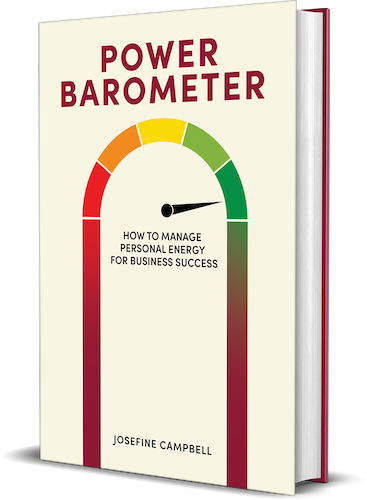Body Signals exercise
From the book

About the exercise
Our body is intelligent. Your body tells you when you are overloading your brain and body. This list shows some of the most common stress signals your body shows you, which you can use as markers for what your body is trying to say. The signals can be of vary length and intensity. As when you are nervous before a presentation or hasn’t been sleeping well for the past two weeks. Nobody gets all the signals/symptoms, and it differs, how many of them you get. Remember, it is possible to overhear the signals due to familiarization and through the use of stimulants and pain relievers. Go through the list to reflect on, how and, which of the signals fit you. The first step towards balance and feeling energetic, is to know your stress signals.
What is your body telling you?
Before entering this exercise, you need to be aware of the following steps:
- Make sure that your phone is on silent mode.
- Make sure that no one will disturb you for the next 15 minutes.
- Have a pen ready.
When you have completed these steps, you are now ready to dive into the exercise. Take a look at the bellow signals and write down the ones that you can recognize from yourself.
Physical signals:
- Headache
- Heart beating
- Increased blood pressure
- Shaking hands
- A restless body
- Tensions and pain
- Shallow breathing
- Pressure in the chest
- Insomnia or disrupted sleep
- Tingling hands and legs
- Dizziness
- Butterflies in the stomach
- Stomachache
- Diarrhea
- Impaired sex drive
- Impaired appetite
- Aggravation of chronic illness
Feelings:
- Feeling threatened
- Pressured
- Vulnerable to criticism
- Guilty conscience
- Feeling inadequate
- Low self-confidence
- Nervous
- Lonely
- Aggressive
- Frustrated
- Irritable
- Restless
- Distorted
- Fatigue
- Sad
- Lethargic
- Lack of wanting contact with others (on the job as well as at home)
Behavior:
- Mood swings
- Edginess
- Impulsive
- Nervous laughter
- Impaired humor
Do you turn to the extremes?:
- Increase/reduction in the consumption of food
- Increased consumption of alcohol
- Frequent smoking
- Increased use of medicine
At work:
- Difficulty in decision-making
- Unstable
- Impaired performance level
- Diminutive conflicts with colleagues
- Increased sick leave
- Sloppiness
- Frequent physical complaints